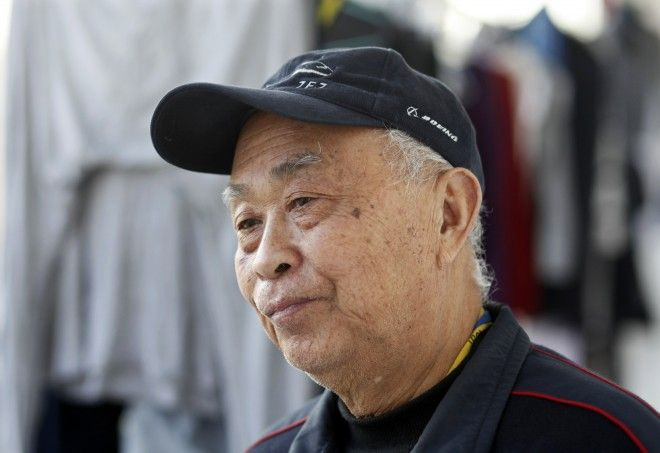China's aging population and its implications

China will have an aging population problem comparable to that of Japan and Western Europe in 30 years or so.
China's problem largely stems from its government's stance -- Mao Zedong, the founder of the People's Republic of China, initially encouraged a high birth rate because he thought a large population would give China military and economic power. Then, shortly after Mao's death, the government reversed course and introduced -- and later enforced -- the one-child policy, which restricted most urban couples to having only a single offspring.
The result is a population bulge called the 4-2-1 phenomenon, in which one child is supporting two parents and four grandparents, said Dean Cheng, a research fellow at the Heritage Foundation.
Currently, however, the problem is not too acute in China. Only abour 8 percent of the current Chinese population is over 65 years old, versus 20 percent for the U.S., 20 percent for Germany and 22 percent for Japan.
However, in 2009, 18 percent of China's population was between 35 and 44 alone, versus about 13 percent for the U.S -- this is the bulge in China's population. (Those who were 35 in 2009 were born in 1974, a couple of years before the one-child policy was enforced in 1979.) It is this group that will form the core of China's elderly population within one generation.
According to Caixin, a Beijing-based newspaper, there is already a severe shortage of residential facilities and nursing services for the elderly, a problem that will intensify unless additional investment is made in elderly care.
This demographic trend could have implications for China's manufacturing sector because it reduces the number of laborers available, said Michael Yoshikami, chief investment officer of YCMNET Advisor.
Cheng said it could also have military implications because China will have fewer people who will be of military age in by 2020. Also, given the importance of children (especially if a couple only has one child) in supporting their parents and grandparents, substantial casualties from wars or natural disasters could generate significant social tension, if no outright instability.
The popular reaction to the deaths of children in the 2008 Sichuan earthquakes provides a potential warning in this regard, said Cheng.
Email Hao Li at hao.li@ibtimes.com
Click here to follow the IBTIMES Global Markets page on Facebook.
Click here to read recent articles by Hao Li.
© Copyright IBTimes 2024. All rights reserved.




















